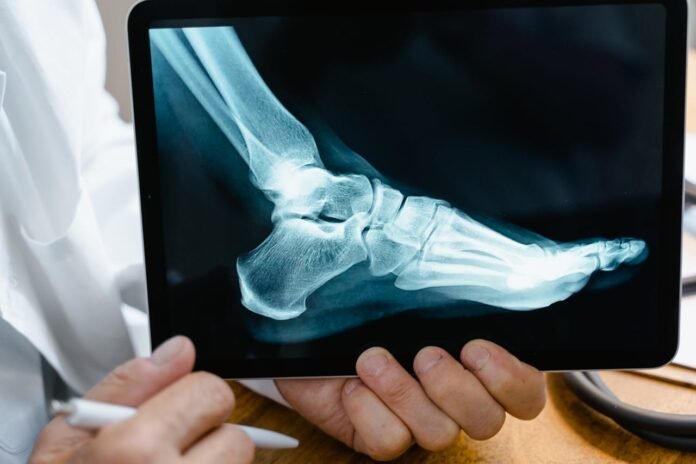[ad_1]
Getting hurt due to someone else’s negligence can turn your world upside down. Between medical bills, lost wages, and physical pain, the aftermath of a personal injury is overwhelming enough without worrying about the legal process.
Jill Kolodner, an experienced personal injury lawyer at WGK Law, emphasizes that taking the right steps immediately after your injury can make a substantial difference in your ability to recover fair compensation for your damages.
Your health should always be your top priority. Even if you feel fine initially, some injuries don’t show symptoms right away. Getting prompt medical care creates an official record of your injuries and establishes a timeline that connects your medical issues to the incident. This documentation becomes crucial evidence later in your case.
Document Everything at the Scene
If possible, collect as much information as you can about the incident. Capture photos of the accident scene, your injuries, property damage, and any hazardous conditions that may have played a role. Be sure to gather contact details from witnesses and obtain a copy of any police reports. Since road traffic accidents account for 52% of personal injury claims, having detailed documentation from car accidents is particularly crucial.
Keep Detailed Records of All Expenses
Start tracking every cost related to your injury from day one. This includes medical bills, prescription costs, physical therapy expenses, and any modifications you need to make to your home or vehicle. Don’t forget to document lost wages and any vacation time you had to use for medical appointments. These records will help ensure you’re compensated for the full impact of your injury.
Thorough documentation strengthens your case and speeds up the claims process. Be sure to organize receipts, invoices, and correspondence in one place – whether digitally or in a dedicated folder.
Include notes on out-of-pocket transportation costs, childcare during recovery, and missed business opportunities if you’re self-employed. The more complete your financial record, the easier it is to demonstrate the true cost of your injury to insurers, attorneys, or courts.
Avoid Speaking with Insurance Companies Alone
Insurance adjusters may contact you quickly after an accident, but remember, they work for the insurance company, not for you. They’re trained to minimize payouts, and anything you say can be used to reduce your compensation. It’s often wise to have legal representation handle these conversations to protect your interests.
Consider Hiring Legal Representation
A personal injury attorney can navigate the complex legal system on your behalf and help maximize your compensation.
Most injury lawyers work on a contingency fee basis, which means they only get paid if you win your case, with standard rates typically ranging between 33% and 40% of your final settlement. This arrangement makes legal representation accessible even when you’re dealing with financial strain from your injury.
Don’t Accept the First Settlement Offer
Insurance companies often make quick, low settlement offers, hoping you’ll accept before understanding the full extent of your damages. Since the median award is $31,000 for all personal injury cases studied, it’s important to ensure any settlement reflects the true value of your specific situation.
Take time to fully understand your long-term medical needs and financial losses before agreeing to any settlement.
Recovering from a personal injury is challenging, but taking these proactive steps can help ensure you receive the compensation you deserve. Remember that you have rights, and there are professionals available to help you navigate this difficult time. Focus on your recovery while building a strong foundation for your legal case.
[ad_2]
Source link

